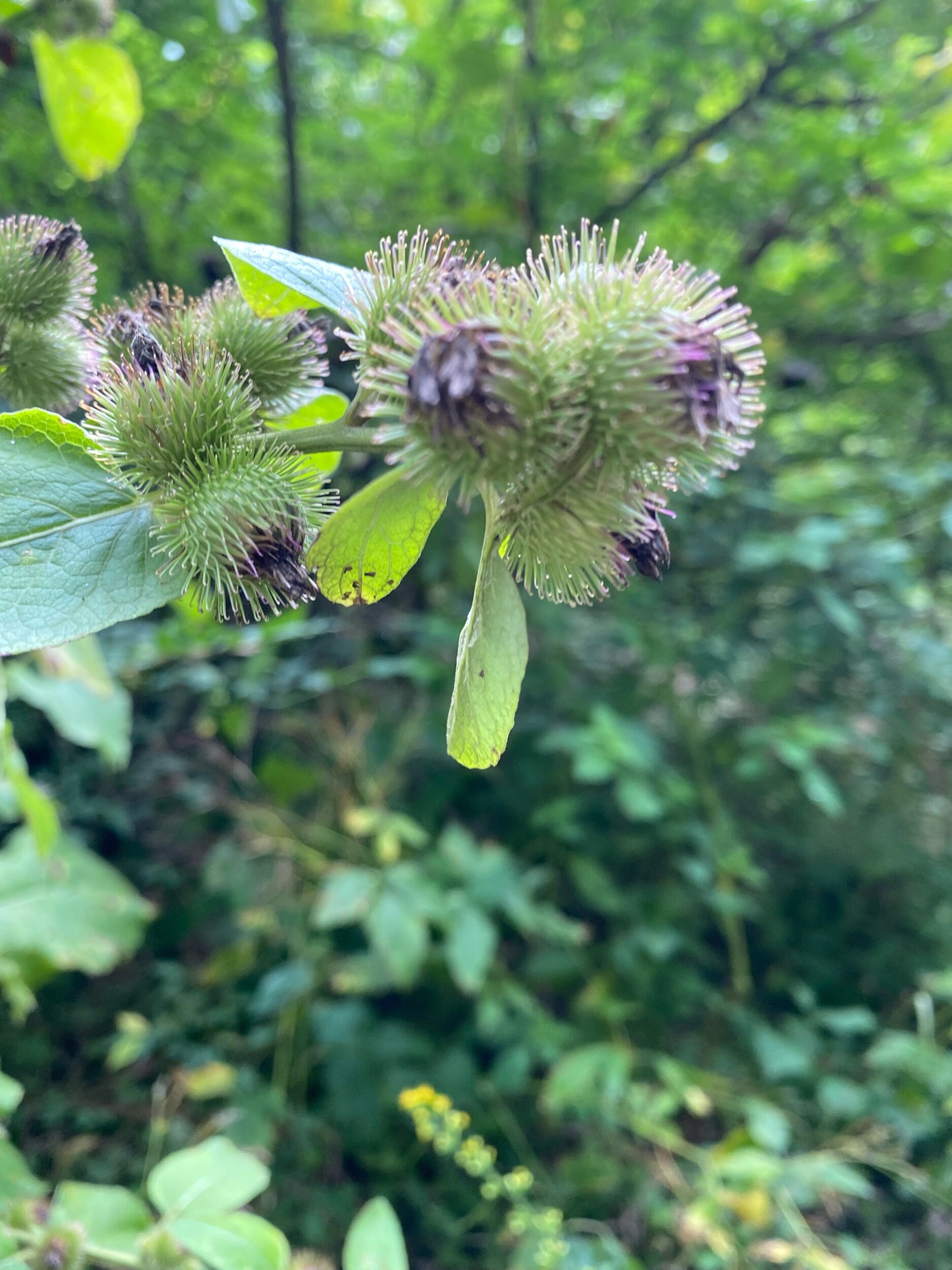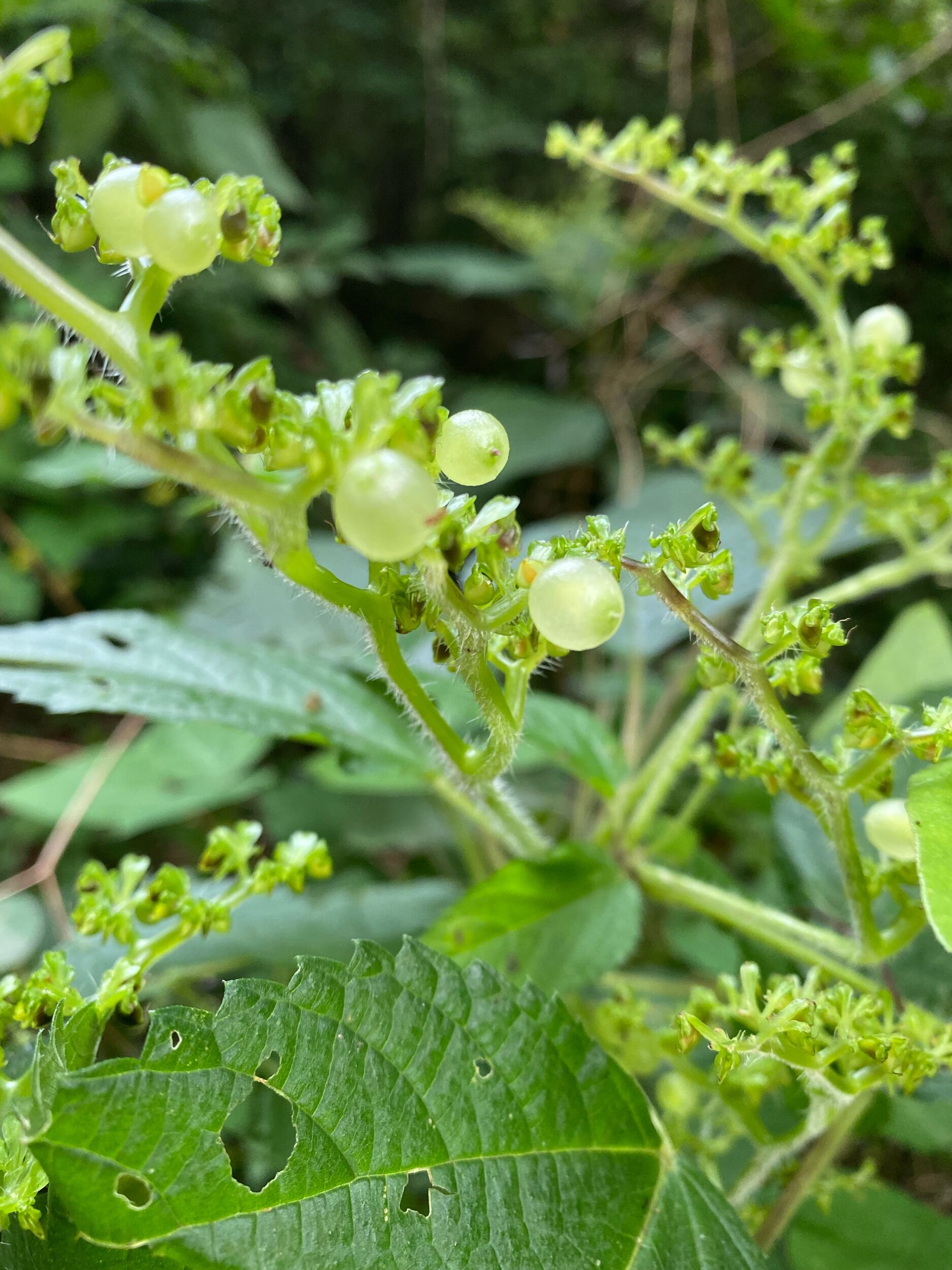How long should you walk in nature to receive the health benefits?
Climb the mountains and get their good tidings, Nature's peace will flow into you as sunshine flows into trees.
John Muir, Our National Parks , 1901, page 56.
In a study of over 20,000 people, those individuals who spent 2 hours a week in green spaces were substantially more likely to report good health and psychological well-being than those who did not. Though two hours was a required minimum. The study showed there were no benefits for people who didn’t meet that threshold.
See Ecopsychology: How Immersion in Nature Benefits Your Health, Yale Environment 360, JIM ROBBINS
https://e360.yale.edu/features/ecopsychology-how-immersion-in-nature-benefits-your-health
The health benefits of time spent in nature include lower blood pressure and stress hormone levels, reduced nervous system arousal, and enhanced immune system function.
See Ecopsychology: How Immersion in Nature Benefits Your Health, Yale Environment 360, JIM ROBBINS
https://e360.yale.edu/features/ecopsychology-how-immersion-in-nature-benefits-your-health
Knowing the benefits of being in nature are now more important than ever. According to the Natural Capital Project at Stanford University, two thirds of humanity are projected to be living in cities by 2050.
Finally, nature not only improves an individual’s health, it also improves the health of the community as a whole.
A 2015 study found that more exposure to nature translated into more community cohesion and substantially lower crime rates.
Further, a study performed in Philadelphia, Pennsylvania found more natural spaces had a substantial reduction in assault, robbery and burglary, although not theft.








